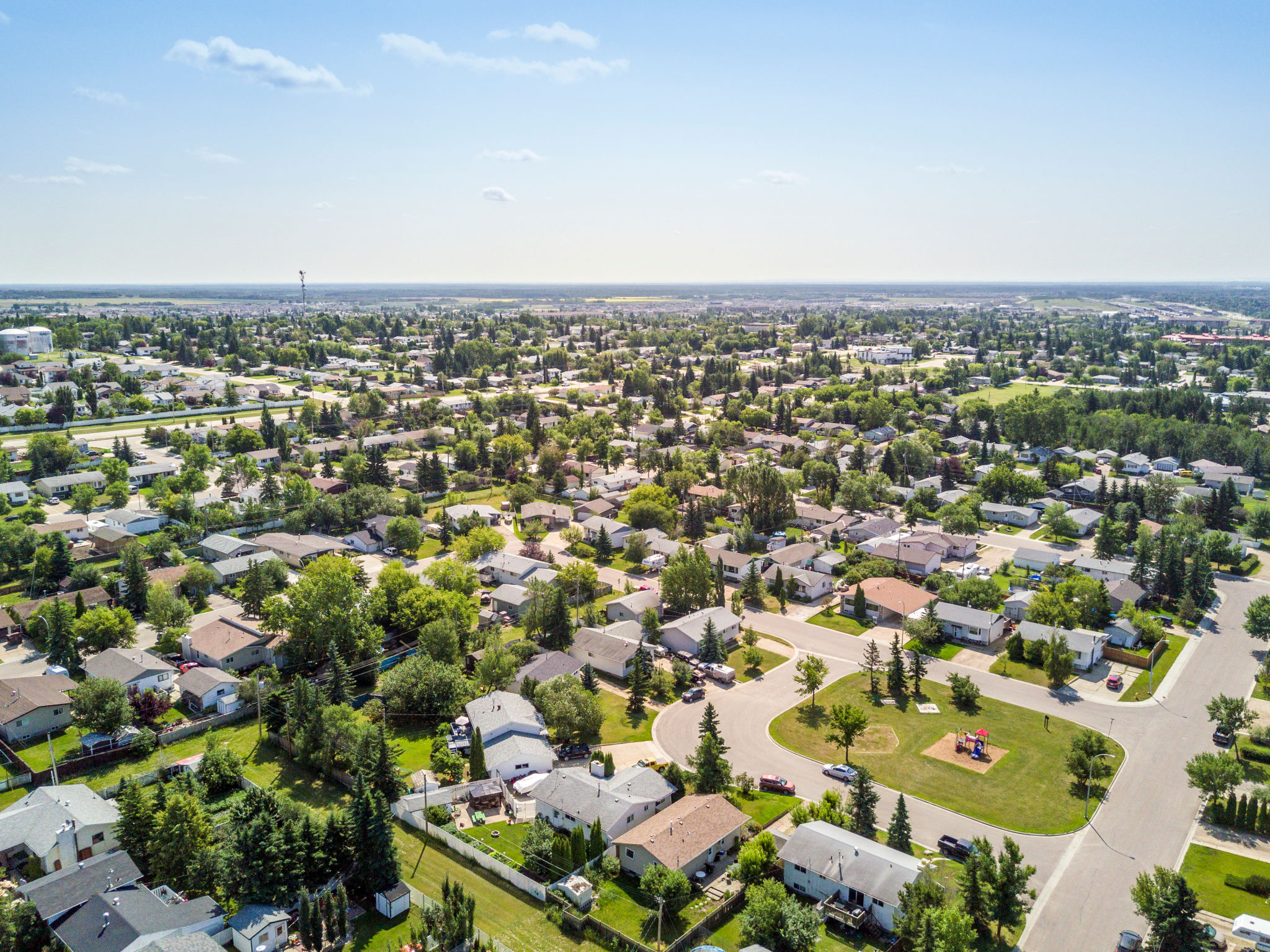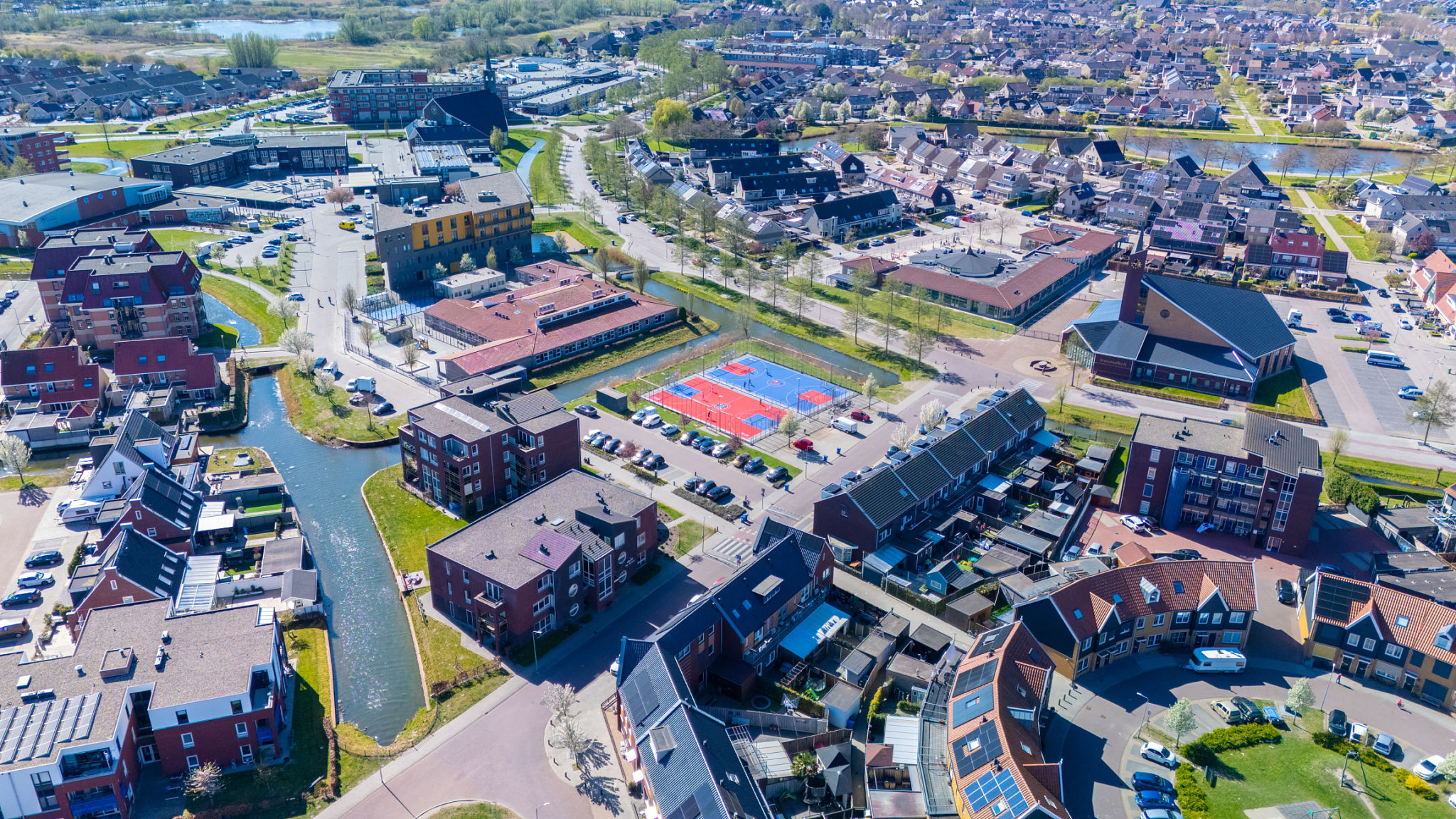How to Evaluate a Residential Community Developer: Tips for Homebuyers
Understanding the Developer's Reputation
When evaluating a residential community developer, it's crucial to start with a thorough assessment of their reputation. Research the developer's history by looking for reviews and testimonials from previous homebuyers. Consider checking online forums and social media platforms where residents share their experiences. A developer with a consistent track record of delivering quality homes and maintaining good relationships with homeowners is often a reliable choice.

Additionally, verify the developer's credentials and affiliations with industry organizations. Membership in reputable associations can indicate a commitment to maintaining high standards and staying updated on industry trends and regulations.
Reviewing Past Projects
Examining the developer's past projects can provide valuable insights into their capabilities and design aesthetics. Visit some of their completed communities, if possible, to assess the quality of construction and design. Pay attention to how well the properties have aged over time and whether they still meet modern living standards.

Inquire about the materials used in construction and whether the developer prioritizes sustainable building practices. A commitment to eco-friendly materials and energy-efficient designs can be a significant plus for environmentally conscious buyers.
Analyzing Financial Stability
Financial stability is a critical factor when selecting a residential community developer. A financially sound developer is more likely to complete projects on time and handle any unexpected challenges that may arise during construction. Request financial statements or seek information from reliable sources to gauge the developer's financial health.
Moreover, consider the developer's partnerships with reputable banks or financial institutions. Strong financial backing not only ensures project completion but also provides assurance that the developer will honor warranties and commitments post-purchase.

Assessing Customer Service
The level of customer service provided by a developer can significantly impact your overall experience as a homebuyer. Evaluate how well the developer communicates with potential buyers and addresses their concerns. Prompt responses and transparent communication are indicators of good customer service practices.
Ask about the post-purchase support offered by the developer. A reliable developer should provide ongoing assistance and be available to address any issues that may arise after you move in. Look for developers who have dedicated customer service teams to ensure a smooth transition into your new home.
Considering Community Amenities
The amenities offered by a residential community can greatly enhance your living experience. When evaluating a developer, review the range of amenities they provide, such as parks, swimming pools, fitness centers, and playgrounds. These features not only add value to your home but also promote a vibrant community atmosphere.

In addition to physical amenities, consider the community's overall design and layout. Features like walking trails, green spaces, and efficient traffic flow contribute to a pleasant living environment. A well-planned community reflects the developer's attention to detail and commitment to creating desirable living spaces.
Trust Your Instincts
Lastly, trust your instincts when evaluating a residential community developer. If something feels off or too good to be true, take it as a sign to dig deeper or consider other options. Your home is a significant investment, so it's essential to choose a developer you feel comfortable and confident with.
By following these tips, you can make an informed decision and select a residential community developer that aligns with your expectations and lifestyle needs. Happy house hunting!